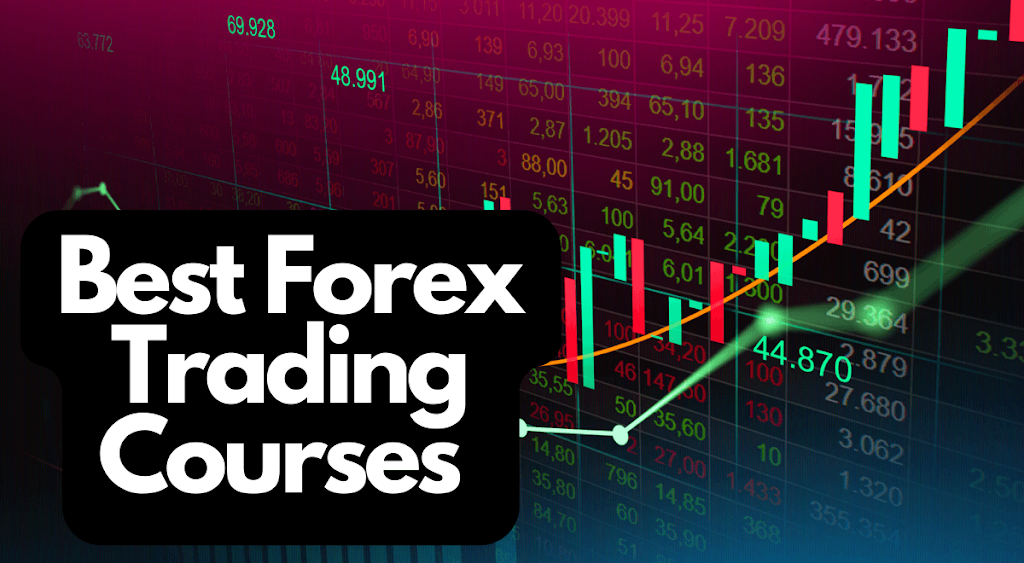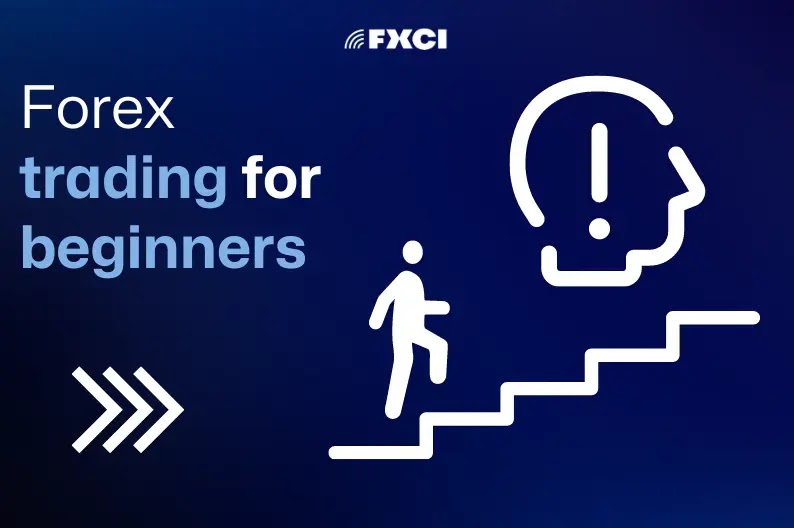The foreign exchange market, commonly known as Forex or FX, is the largest and most liquid financial market in the world. Every day, over $6 trillion worth of currencies are traded, making it a magnet for investors seeking profitable opportunities. Forex trading involves buying and selling currency pairs with the aim of making a profit from fluctuations in exchange rates.
In this article, we’ll delve into the key concepts of Forex, the strategies traders use, and tips to succeed in the world of currency trading.
What is Forex Trading?
Forex trading is the act of exchanging one currency for another at an agreed exchange rate. These transactions typically occur between large institutions like banks, corporations, and governments, but thanks to advances in technology, retail traders can now access the market through online trading platforms.
Forex trading revolves around currency pairs, where one currency is bought, and the other is sold. The value of these pairs fluctuates due to market forces such as economic news, geopolitical events, and interest rate changes. Popular currency pairs include:
- EUR/USD: Euro vs. US Dollar
- GBP/USD: British Pound vs. US Dollar
- USD/JPY: US Dollar vs. Japanese Yen
Forex trading is open 24 hours a day, five days a week, and is split into different sessions based on financial centers, including London, New York, Tokyo, and Sydney. This constant activity offers unique opportunities for traders, but it also introduces risks.
Key Concepts in Forex Trading
- Leverage: Forex brokers often provide traders with leverage, which allows them to control larger positions with a smaller amount of capital. For example, a leverage of 100:1 means that for every $1 you have in your account, you can control $100 in the market. While leverage can amplify profits, it can also increase losses.
- Pips: A pip is the smallest price move that a currency can make, typically measured in the fourth decimal place. For example, if the EUR/USD pair moves from 1.2000 to 1.2001, it has increased by one pip.
- Spread: The spread is the difference between the bid (selling) and ask (buying) prices of a currency pair. Brokers make money from the spread, so it’s important to choose a broker with tight spreads.
- Margin: This is the minimum amount of funds required to open a position. For example, if a broker requires 1% margin to trade a standard lot of 100,000 units, you’ll need $1,000 to open a position.
Top Forex Trading Strategies
Successful Forex traders use a variety of strategies to navigate the market. Here are some of the most popular methods:
- Scalping: Scalping is a fast-paced strategy where traders look to make small profits on a large number of trades throughout the day. Scalpers focus on minute-to-minute price changes and often hold positions for only a few seconds or minutes.
- Day Trading: In day trading, positions are opened and closed within the same trading day, eliminating the risk of adverse overnight movements. Day traders rely heavily on technical analysis to spot trends and make quick decisions.
- Swing Trading: Swing traders hold positions for several days or even weeks, aiming to profit from short- to medium-term price swings. This strategy combines both technical and fundamental analysis, offering more flexibility than day trading.
- Position Trading: Position traders hold trades for weeks, months, or even years. They focus on long-term trends and typically base their decisions on economic indicators, central bank policies, and geopolitical developments.
How to Succeed in Forex Trading
Success in Forex requires discipline, patience, and a solid trading plan. Here are some essential tips to help you succeed:
- Educate Yourself: Before diving into the Forex market, it’s crucial to understand the fundamentals. Study how the market works, learn about different strategies, and practice with a demo account. There are numerous online courses, webinars, and books that can help you become proficient in Forex trading.
- Choose a Reliable Broker: Selecting the right broker is vital. Look for one that is regulated by a reputable authority, such as the Financial Conduct Authority (FCA) in the UK or the Commodity Futures Trading Commission (CFTC) in the US. Ensure the broker offers tight spreads, low fees, and a user-friendly platform.
- Develop a Trading Plan: A trading plan is your roadmap to success. It should outline your trading goals, risk tolerance, preferred trading strategy, and rules for entering and exiting trades. A well-defined plan will help you avoid emotional decision-making.
- Manage Your Risk: Risk management is critical in Forex trading. Never risk more than you can afford to lose on a single trade, and always use stop-loss orders to limit your potential losses. As a general rule, traders should risk no more than 1-2% of their account balance on any given trade.
- Stay Informed: The Forex market is influenced by a wide range of factors, including economic data releases, central bank announcements, and political events. Stay updated on global news and economic indicators to anticipate market movements.
- Keep Your Emotions in Check: Emotional trading is a common pitfall for beginners. Fear and greed can lead to impulsive decisions, which often result in losses. Stick to your trading plan and avoid chasing the market.
Benefits and Risks of Forex Trading
Benefits:
- Liquidity: Forex is the most liquid market in the world, ensuring that there’s always someone to trade with.
- Leverage: Traders can control larger positions with a smaller amount of capital, leading to potentially higher profits.
- 24-Hour Market: The market is open 24 hours a day, five days a week, providing flexibility for traders to trade at their convenience.
Risks:
- Volatility: The Forex market can be highly volatile, leading to significant losses if not managed properly.
- Leverage: While leverage can amplify profits, it can also magnify losses, making it a double-edged sword.
- Market Complexity: Forex trading requires a deep understanding of market forces and technical indicators. Without sufficient knowledge, traders can lose money quickly.






